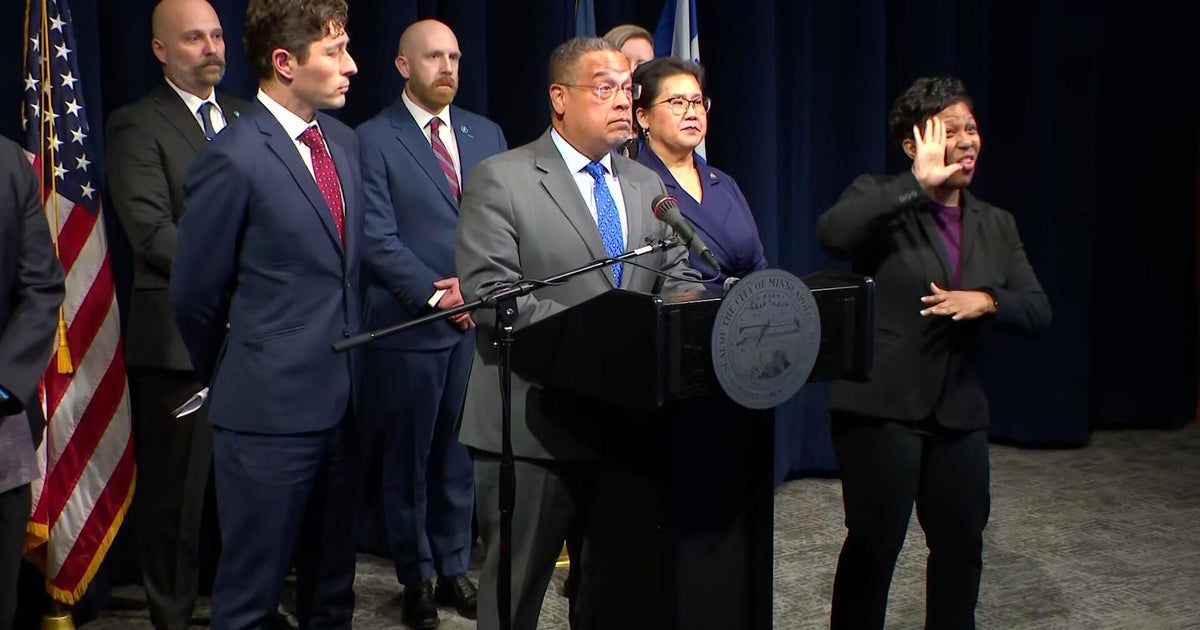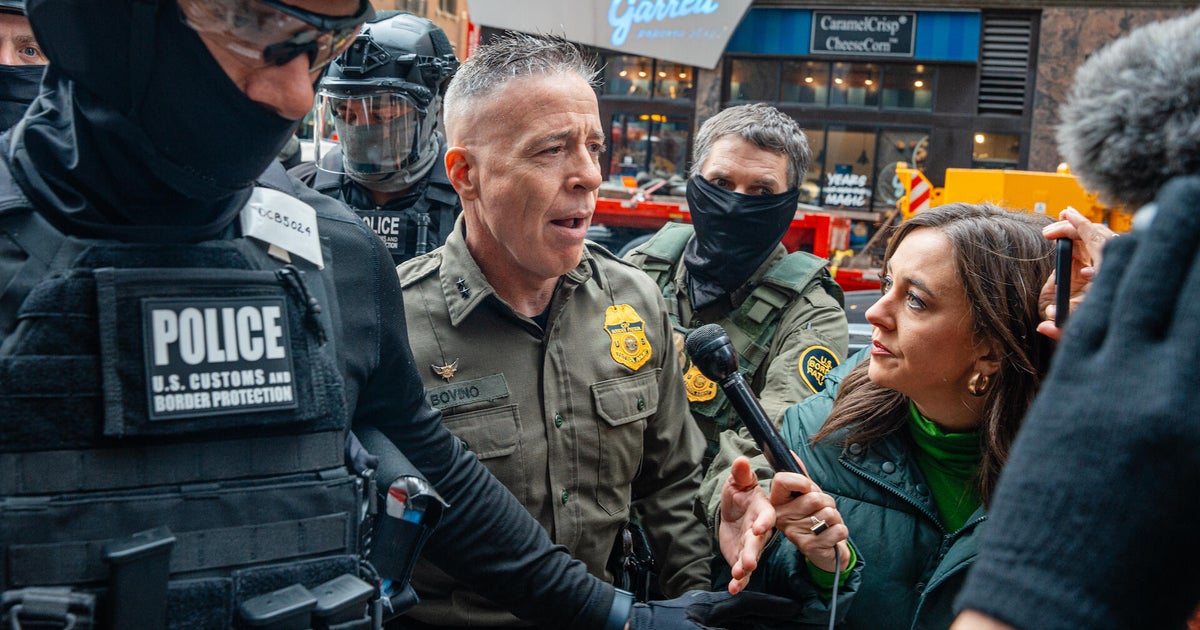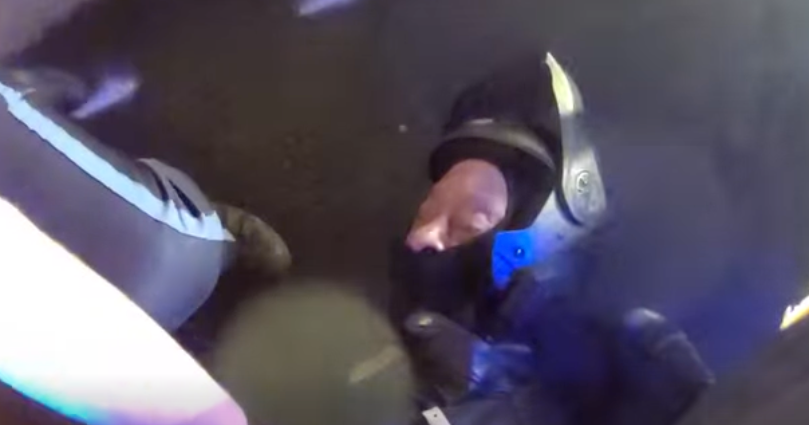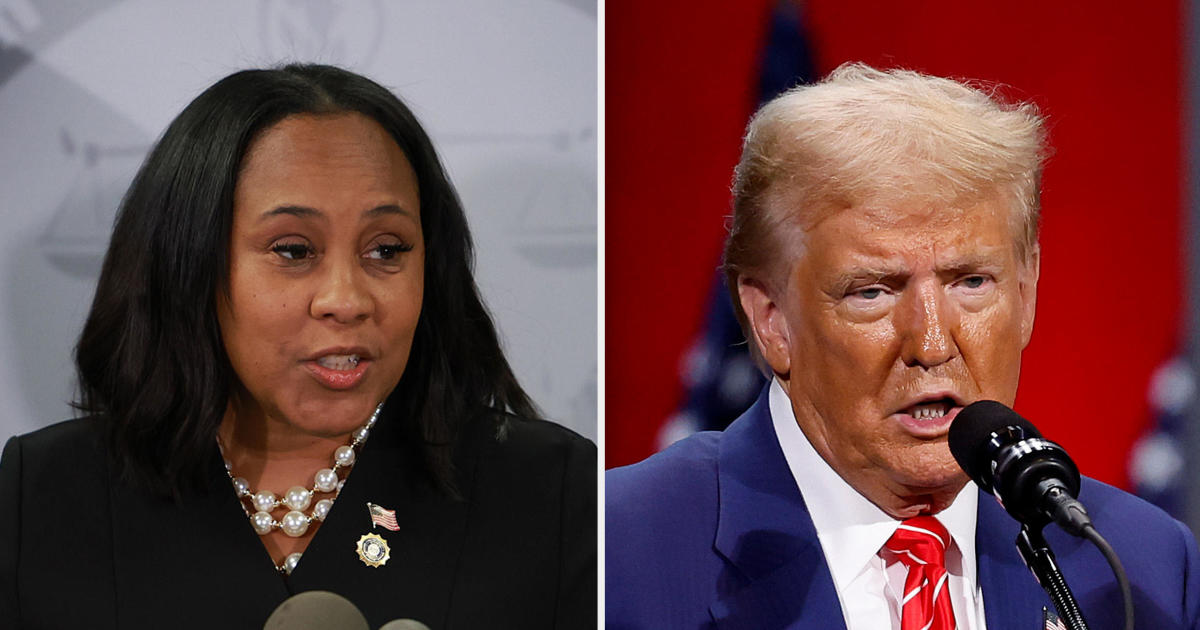New Hampshire residents take on Massachusetts gun laws at high court hearing
BOSTON - Does the Second Amendment protect New Hampshire residents from prosecution if they temporarily carry their guns across the border into Massachusetts? The Massachusetts Supreme Judicial Court on Monday heard arguments on the disagreement between the two New England states.
New Hampshire men Dean Donnell Jr. and Phillip Marquis were both charged in separate instances of unlawful posession of a gun while in Massachusetts. Donnell was also charged with driving under the influence of alcohol, while Marquis was in a car crash on I-495.
Their lawyers argue that since they got their guns legally in New Hampshire, it's unconstitutional for Massachusetts to charge them with felonies under its strict firearm laws.
"Massachusetts can't be less protective than the Second Amendment," Marquis' attorney Hayne Barnwell told the court Monday.
Massachusetts prosecutors appealed judge's ruling
A Lowell District Court judge agreed with the defendants, but prosecutors in Massachusetts appealed the decision, saying that out-of-state gun owners need to get a temporary firearms permit and should not be exempt from local laws.
"The motion judge clearly erred in allowing a motion to dismiss in both of these cases where Massachusetts has the authority to implement a uniform licensing scheme to apply to all citizens, regardless of residency," Assistant District Attorney Ryan Rall said in court.
New Hampshire vs. Massachusetts on gun laws
The top law enforcement officials for each state are on opposite sides of the issue. New Hampshire Attorney General John Formella said in a court filing that applying Massachusetts gun laws to New Hampshire residents who cross the state border only temporarily could violate their right to bear arms.
"For New Hampshire citizens, especially those living in southern New Hampshire, such a strict application of Massachusetts's laws means that legal, constitutionally protected conduct - namely, carrying a firearm from self-defense - can be transformed into felonious conduct during a routine trip to the grocery store, the mall, or to visit a next-door neighbor," Formella says.
Massachusetts Attorney General Andrea Campbell also filed an amicus brief in the case, noting that she "frequently defends the Commonwealth's firearm-safety laws against Second Amendment challenges."
"Massachusetts applies its laws evenly to residents and non-residents alike," she said in a statement. "Nothing in the Constitution prohibits Massachusetts law enforcement officers from enforcing state law within its own borders, simply because someone is from a different state."
The court has not yet said when it will announce a decision for the case.







